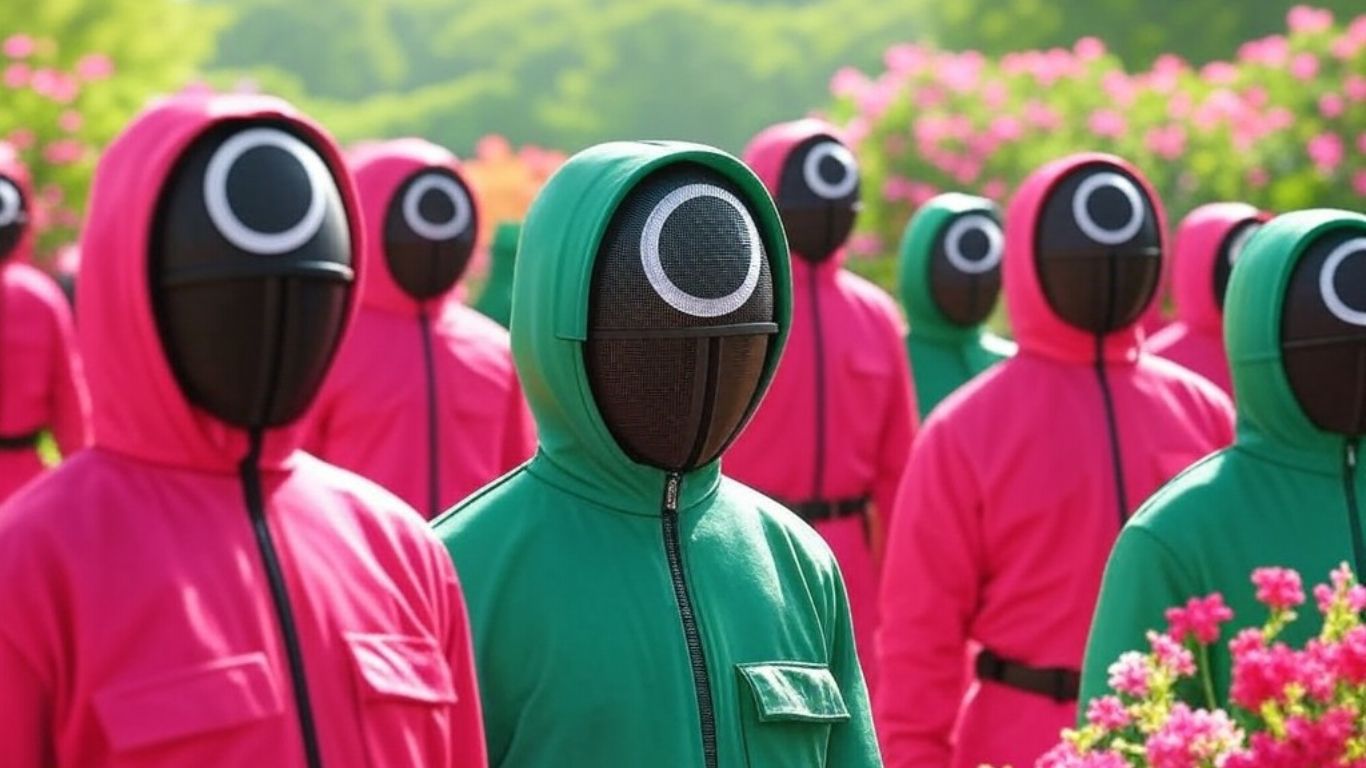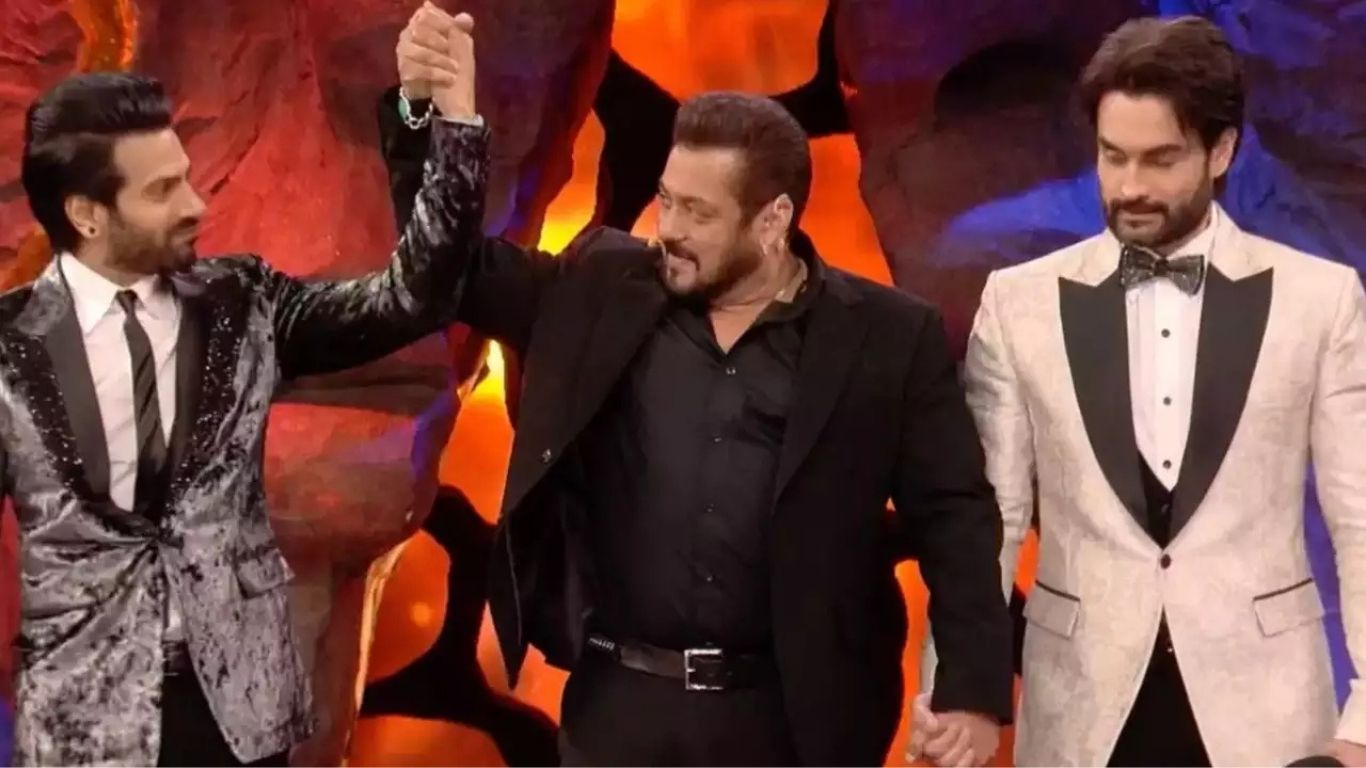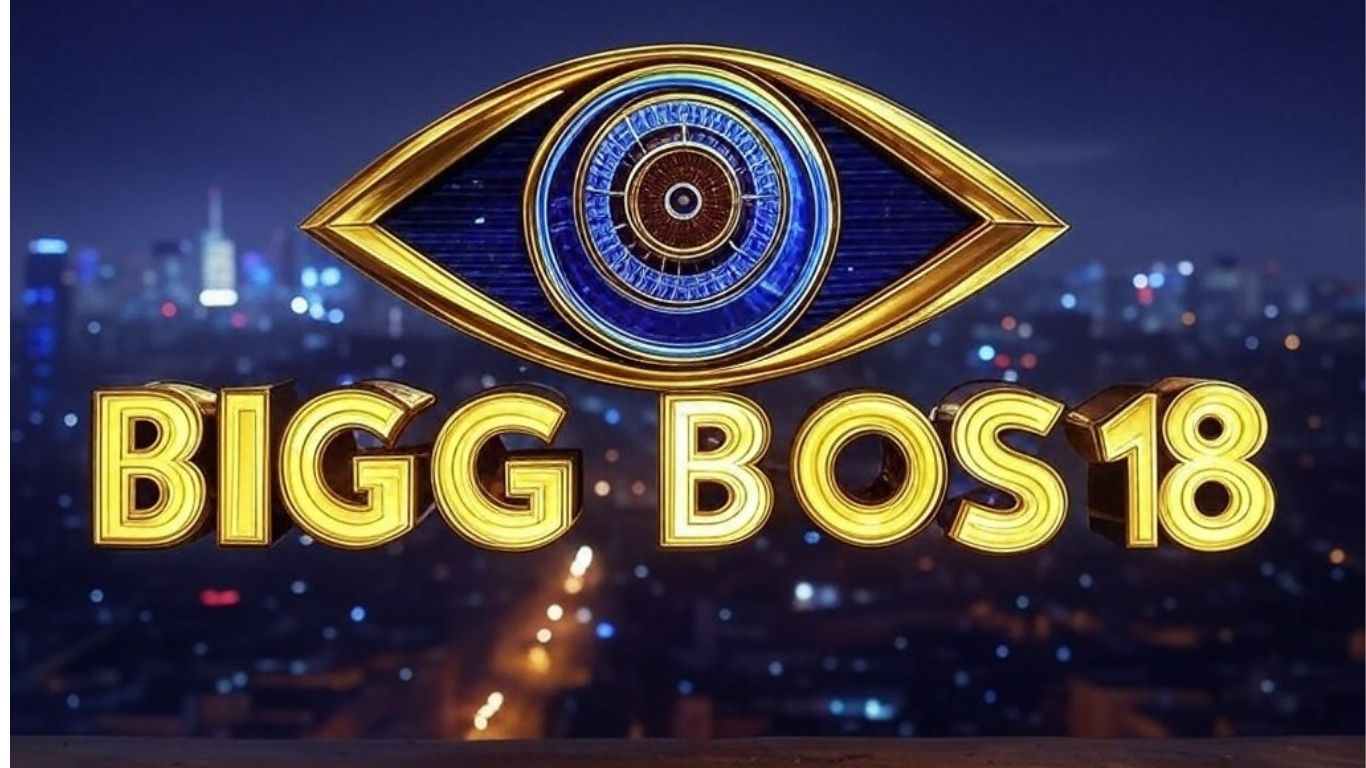Rating: ★★★★☆ (3.5/5)
After a three-year wait, Squid Game Season 2 has finally landed, and it delivers a gripping continuation of the dystopian saga. The series, created by Hwang Dong-hyuk, builds on the themes of class disparity and survival under extreme conditions that defined its predecessor. While certain iconic moments from Season 1 remain unparalleled, the second season adds its own set of high-stakes drama, a compelling lead performance, and a host of new characters to keep viewers engaged.
The Evolution of Seong Gi-hun
Lee Jung-jae returns as Seong Gi-hun, the unlikely hero who once played the deadly games for money but now seeks justice. This time, Gi-hun is more focused and driven, stepping into the arena not just to survive but to dismantle the sinister system. His transformation from a desperate gambler to a determined reformer is portrayed with depth and nuance, anchoring the series emotionally.
What Works
- Complex Characters: Season 2 introduces a diverse array of participants, each with unique backstories that add layers to the narrative:
- A rapper drowning in debt.
- A transgender woman seeking money for surgery.
- A North Korean defector searching for her child.
- A pregnant girl hiding her condition.
- A shaman who clings to her fading influence.
- Tension and Stakes: From Russian roulette in Episode 1 to the climactic bloodbath finale, the stakes remain high throughout the seven episodes. The series masterfully balances personal conflicts with larger systemic critiques.
- Thematic Depth: Like its predecessor, Squid Game Season 2 uses games as metaphors for societal issues, from economic inequality to the abuse of power. The voting mechanism, where participants decide whether to continue the games, highlights how democratic systems can be manipulated to sow division.
- Dual Storylines: The parallel arcs of Gi-hun’s infiltration into the games and Detective Hwang Jun-ho’s search for his missing brother add narrative complexity. Jun-ho’s storyline expands the scope of the series, providing an external perspective on the shadowy operations behind the games.
What Falls Short
- Missed Emotional Highs: While Season 2 is packed with action, it lacks the emotional gut punches of Season 1’s marbles game or the tug-of-war scenes. The stakes feel slightly diluted, given that returning players are more aware of the deadly nature of the games.
- Predictability: Some plot points feel repetitive, echoing themes and conflicts already explored in Season 1. The addition of new characters and twists cannot entirely mask the sense of déjà vu.
- Over-the-Top Action: While thrilling, some sequences—such as the explosive finale—lean heavily into spectacle, risking the loss of the series’ gritty, grounded appeal.
Themes and Social Commentary
At its core, Squid Game remains a biting critique of capitalism, greed, and systemic inequality. Season 2 explores how desperation drives individuals into morally compromising situations, reflecting a world where survival often comes at the expense of others. The inclusion of a cryptocurrency scammer, a reflection of contemporary financial crises, adds a modern twist to the narrative.
Finale and Open Ending
The explosive finale ties up key storylines but leaves enough questions unanswered to pave the way for Season 3. The dynamic between Gi-hun and the enigmatic Front Man is particularly gripping, with their philosophical clash over the games’ existence setting the stage for a final showdown.
Verdict Squid Game Season 2 Review
Squid Game Season 2 does not entirely surpass the groundbreaking brilliance of its predecessor but remains a worthy continuation. It skillfully builds on established themes while introducing new layers of intrigue and character depth. Fans of the series will find plenty to enjoy, and the open-ended conclusion promises an exciting lead-up to the third and final season.
What’s Next?
With Season 3 already in post-production and set to release in a few months, fans won’t have to wait long for the final chapter of this global phenomenon. Squid Game continues to hold a mirror to society, compelling viewers to reflect on the systems that perpetuate inequality while keeping them on the edge of their seats.















